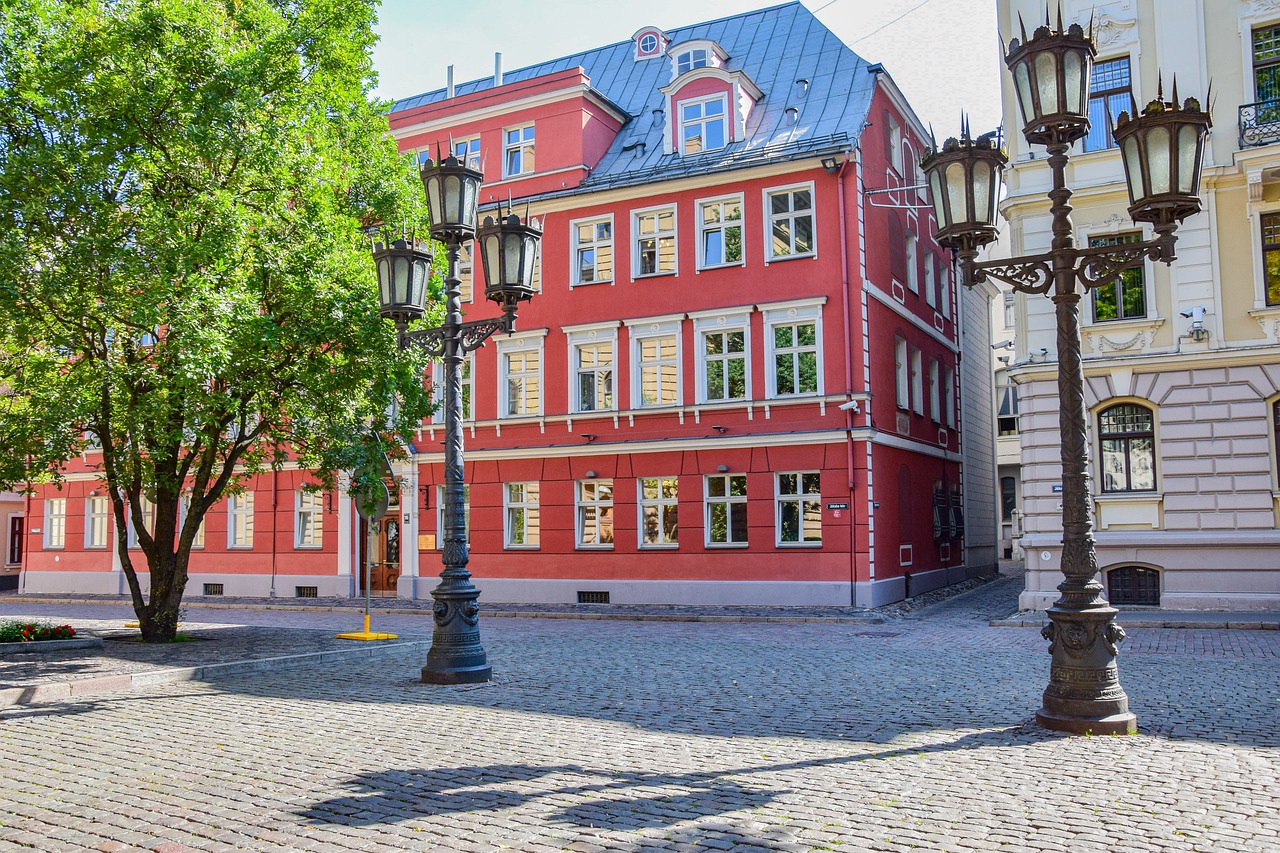Latvia Video
Managing Finances and Payments while Working in Latvia
Latvia, located in the Baltic region of Northern Europe, is a country known for its rich cultural heritage, picturesque landscapes, and vibrant cities. If you are planning to work in Latvia, it is essential to understand how to manage your finances and payments effectively. This article will provide you with detailed information on various aspects of managing finances while working in Latvia, including banking services, taxation, cost of living, and more.
Banking Services
When it comes to managing your finances in Latvia, having a local bank account is highly recommended. It allows you to receive your salary, make payments, and easily manage your day-to-day expenses. The most popular banks in Latvia include Swedbank, SEB Banka, and Citadele Banka. These banks offer a wide range of services, including online banking, debit and credit cards, and ATM access.
- Online Banking: All major banks in Latvia provide online banking services, allowing you to conveniently manage your finances from anywhere. With online banking, you can check your account balance, make transfers, pay bills, and access various other banking services.
- Debit and Credit Cards: Debit and credit cards are widely accepted in Latvia. You can use them for everyday purchases, online shopping, and even to withdraw cash from ATMs. Visa and Mastercard are the most commonly accepted card networks in the country.
- ATM Access: ATMs are readily available throughout Latvia, allowing you to withdraw cash whenever needed. However, it’s important to be aware of any fees associated with using ATMs, especially if you are using a card issued by a foreign bank.
Taxation
Understanding the tax system in Latvia is crucial for managing your finances effectively. The tax rates in Latvia are progressive, meaning they increase as your income rises. Here are some key points to consider:
- Personal Income Tax: The personal income tax rate in Latvia is currently set at a flat rate of 20%. This applies to both residents and non-residents who earn income in Latvia. However, certain deductions and allowances are available to reduce the taxable amount.
- Social Security Contributions: In addition to income tax, employees in Latvia are required to make social security contributions. These contributions cover various social benefits, including healthcare, pensions, and unemployment benefits. The current social security contribution rate is 34.09% of gross income.
- Value Added Tax (VAT): The standard VAT rate in Latvia is 21%. It applies to most goods and services, with a reduced rate of 12% for specific items like books, medications, and hotel accommodations.
Cost of Living
Managing your finances effectively also requires understanding the cost of living in Latvia. While the cost of living can vary depending on the city or region, here are some general insights:
- Accommodation: Rent prices in Latvia are relatively affordable compared to other European countries. The cost of accommodation will depend on factors such as location, size, and amenities. In major cities like Riga, the average monthly rent for a one-bedroom apartment is around €400-€600.
- Utilities: The cost of utilities, including electricity, heating, water, and internet, is reasonable in Latvia. On average, expect to pay around €100-€150 per month for these services.
- Groceries: The cost of groceries in Latvia is generally lower compared to Western European countries. A typical weekly grocery bill for a single person can range from €30-€50, depending on personal preferences and dietary choices.
- Transportation: Public transportation in Latvia is efficient and affordable. A monthly public transport pass in Riga costs around €35-€40. Taxi services and rideshares are also widely available, with fares varying based on distance and time of day.
Insurance
Having the right insurance coverage is an important aspect of managing your finances and protecting yourself in case of unexpected events. Here are some types of insurance to consider while working in Latvia:
- Health Insurance: Latvia has a public healthcare system, which means that residents are eligible for free or subsidized healthcare services. However, it is recommended to have private health insurance to access additional benefits and coverage.
- Home or Rental Insurance: If you own a property or rent an apartment in Latvia, it’s advisable to have home or rental insurance to protect your belongings against theft, damage, or natural disasters.
- Car Insurance: If you plan to own a car in Latvia, having proper car insurance is mandatory. It provides coverage for accidents, theft, and damages to your vehicle.
Investment Opportunities
Latvia offers various investment opportunities for those looking to grow their wealth. Here are some options to consider:
- Real Estate: Investing in real estate can be a lucrative option in Latvia. The property market has experienced steady growth in recent years, especially in popular cities like Riga and Jurmala.
- Stock Market: The Riga Stock Exchange provides opportunities for investing in Latvian and international stocks. It’s important to conduct thorough research and seek professional advice before entering the stock market.
- Business Ventures: Latvia has a favorable business environment, making it an attractive destination for entrepreneurs. Starting a business or investing in existing ventures can be a rewarding financial opportunity.
Retirement Planning
Planning for retirement is essential to ensure financial security in the long term. Here are some retirement planning options available in Latvia:
- State Pension: The Latvian state pension system provides retirement benefits based on the number of years of social security contributions. It’s important to keep track of your contributions and understand the eligibility requirements.
- Private Pension Funds: Individuals can also contribute to private pension funds to supplement their state pension. These funds offer different investment options and allow individuals to accumulate savings for retirement.
- Individual Retirement Accounts (IRA): IRAs are another option for retirement planning. Contributions to IRAs may provide tax benefits, and the funds can be invested in various financial instruments to grow your savings.
Conclusion
Managing finances and payments while working in Latvia requires a good understanding of the country’s banking services, taxation system, cost of living, and various financial opportunities. By effectively managing your finances, you can ensure a smooth and comfortable experience while living and working in this beautiful Baltic country.
Latvia Image 1:

References
- swedbank.lv
- seb.lv
- citadele.lv
- vid.gov.lv
- riga.lv
- latviatravel.com
- bank.lv
- realtor.com
- nasdaq.com
- statepension.gov.lv


